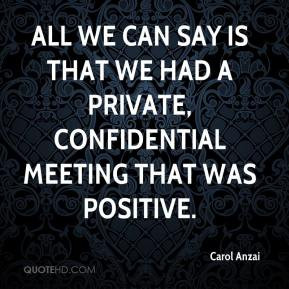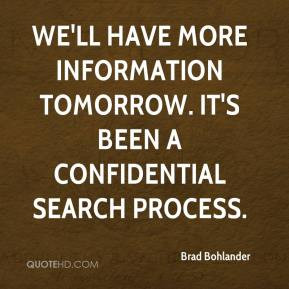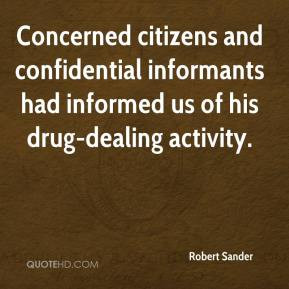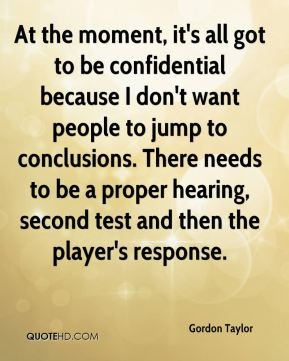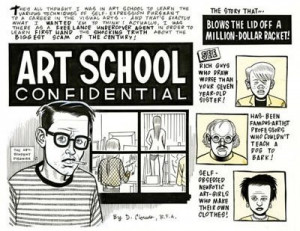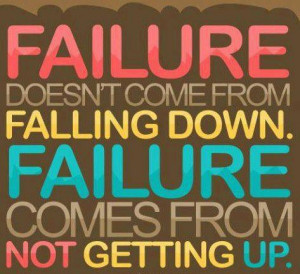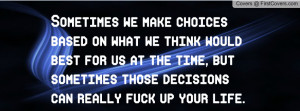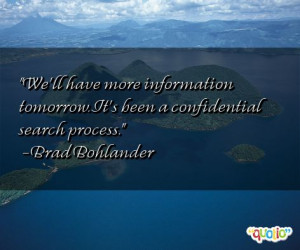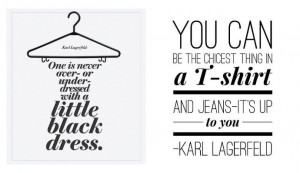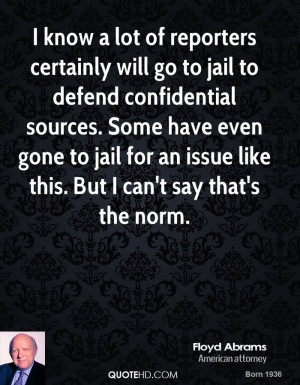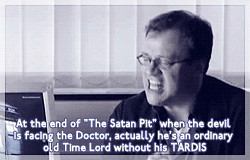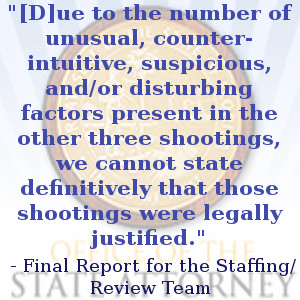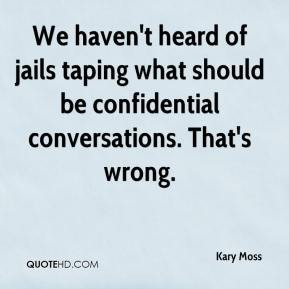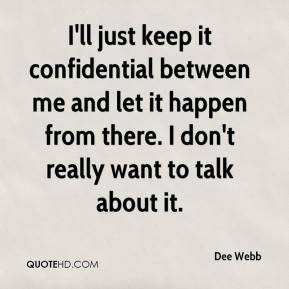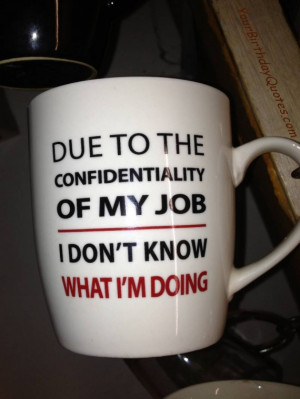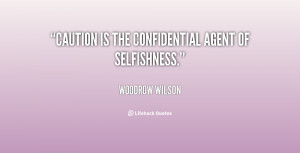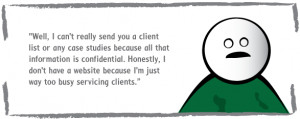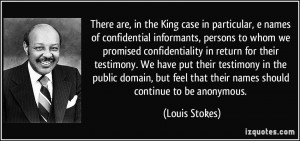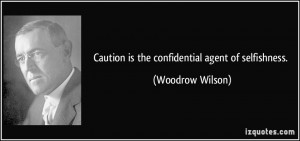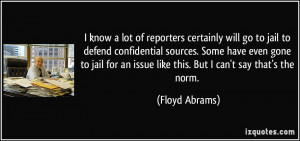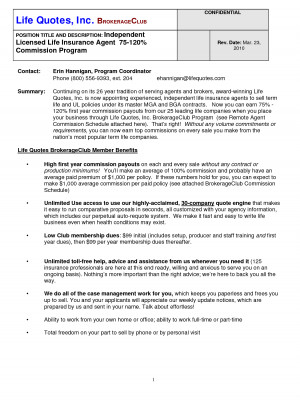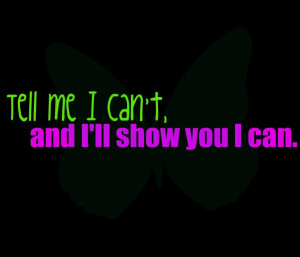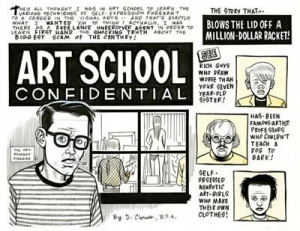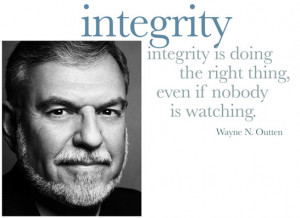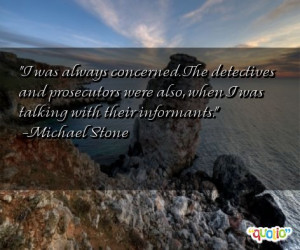Confidential Quotes
I will not comment on or confirm what are alleged to be stolen State Department cables. But I can say that the United States deeply regrets the disclosure of any information that was intended to be confidential, including private discussions between counterparts or our diplomats' personal assessments and observations.
In almost every profession - whether it's law or journalism, finance or medicine or academia or running a small business - people rely on confidential communications to do their jobs. We count on the space of trust that confidentiality provides. When someone breaches that trust, we are all worse off for it.
Ever since Woodward and Bernstein, there's sort of been an epidemic of confidential sources in Washington, in particular where people will actually - when you call them up on the phone, they'll say, 'This is off the record,' or, 'This is on background,' or they don't even wait for you to say anything.
Working on an adaptation is not as satisfying, because it's not your original work: you're interpreting. With 'L.A. Confidential,' I loved the book. In that case, I felt I was guardian of the work, staying as true to the novel as I could. I've since met the novelist, and he loves the movie and the script.
Cloud services cut both ways in terms of security: you get off-site backup and disaster recovery, but you entrust your secrets to somebody else's hands. Doing the latter increases your exposure to government surveillance and the potential for deliberate or inadvertent breaches of your confidential files.
